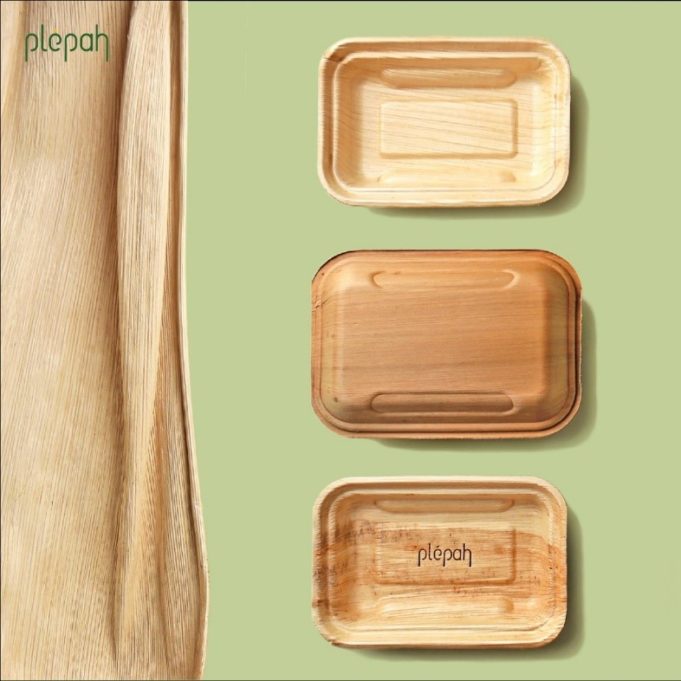Did you know Paradiva, based on research conducted by the Plepah community, contribution of styrofoam waste to Indonesian seas from 18 city during January 2018 reach 0,27-0,59 your! Of course this is very worrying for marine biota. Therefore, This creative craft product made from betel nut is very innovative, adaptive, and collaborative.
Seeing that, an organization Footloose Initiative started research on environmentally friendly food packaging which became known as Plepah. As a creative and innovative idea, Plepah raises innovations to treat valueless waste. The natural betel leaf is shaped in such a way as to be a food container. Food containers from betel fronds are processed precisely so that they are heat resistant, waterproof, and oil resistant.
So far, the betel nut is considered a waste that is worthless compared to the betel nut. While betel nut fronds will usually end up as garbage from garden cleaning that is eventually burned. But what is rarely realized, areca nut has a midrib with a stiff and sturdy texture but still light to carry. other than that, Plepah production is also environmentally friendly. Because the Plepah team uses electricity from solar panels, water turbine, and other energy saving energy.
The problem right now, Plepah food packaging products are still sold at a fairly high retail price, i.e. IDR 5,000 per unit. This price is far more expensive than food containers made from Styrofoam which is only around Rp. 300/unit.
Apart from providing alternative solutions towards single-use packaging that contributes to the global waste problem. This approach can also contribute to sustainable solutions through environmental conservation, commodity replanting, and generate economic stability for the local communities involved.
Ministry of Tourism and Creative Economy/Tourism and Creative Economy Agency (Kemenparekraf/Baparekraf) appreciate the environmentally friendly food container product “Plepah” which was initiated by the Footlose Initiative, as one of the efforts to support the objectives of the sustainable development agenda in 2030, especially in creative economy products.
In operation, Plepah uses a micro manufacturing scheme. This scheme was chosen so that the technology used can be adapted by rural communities in remote areas.
